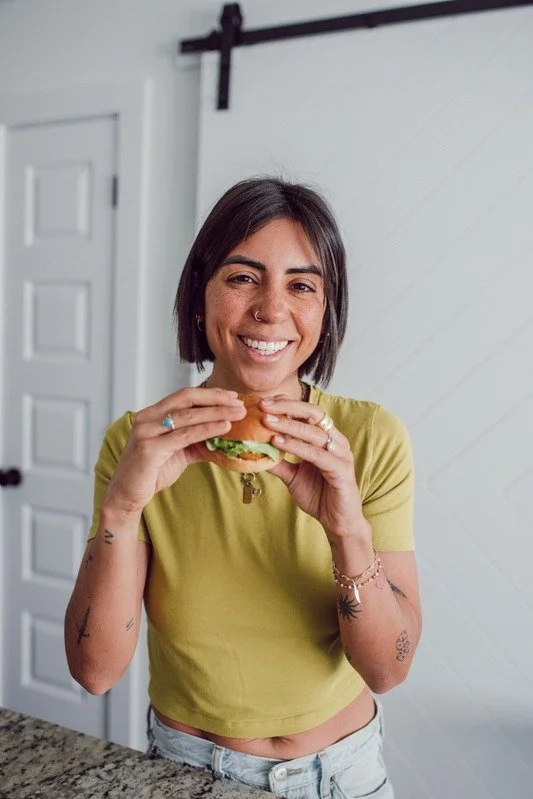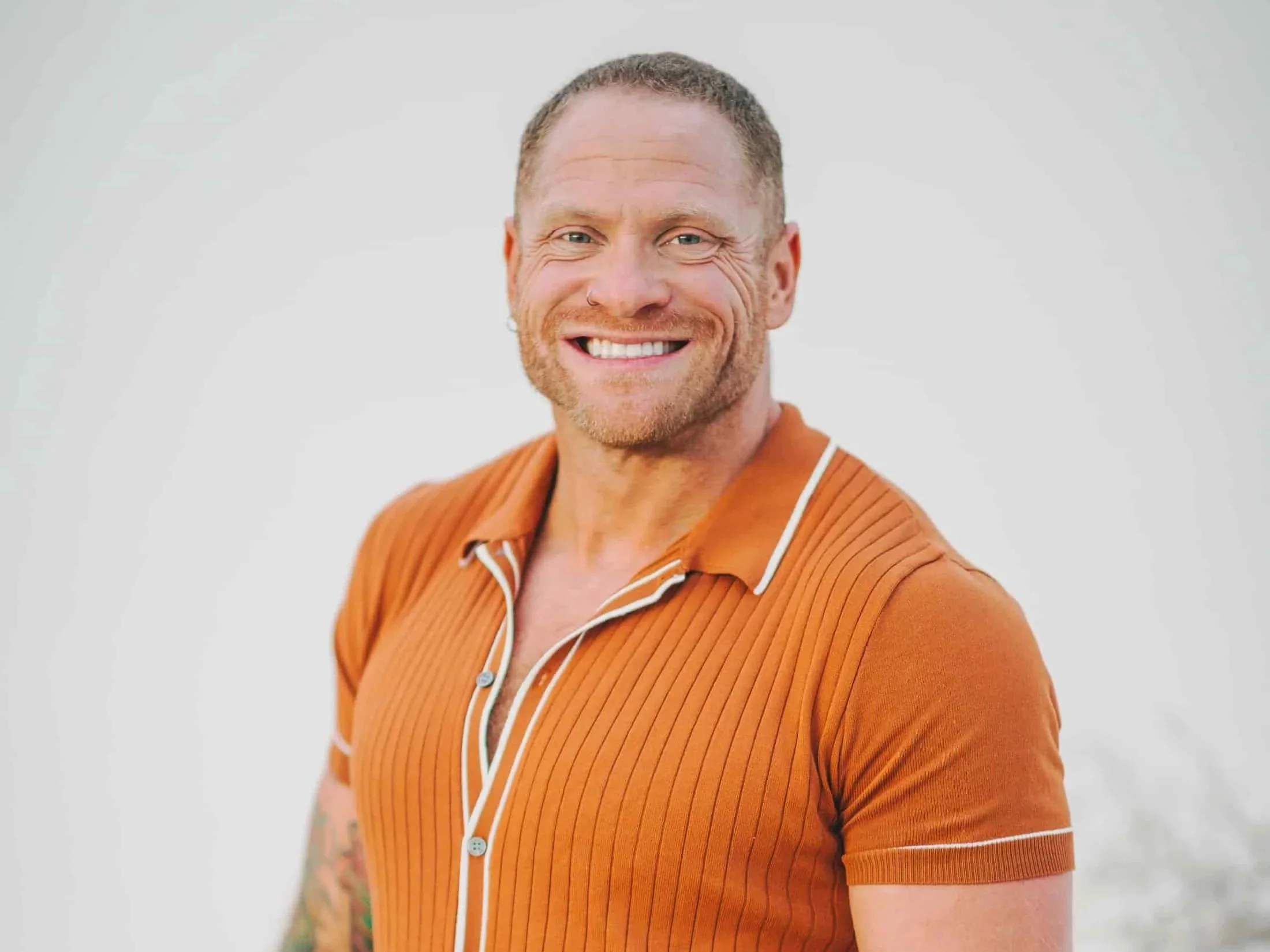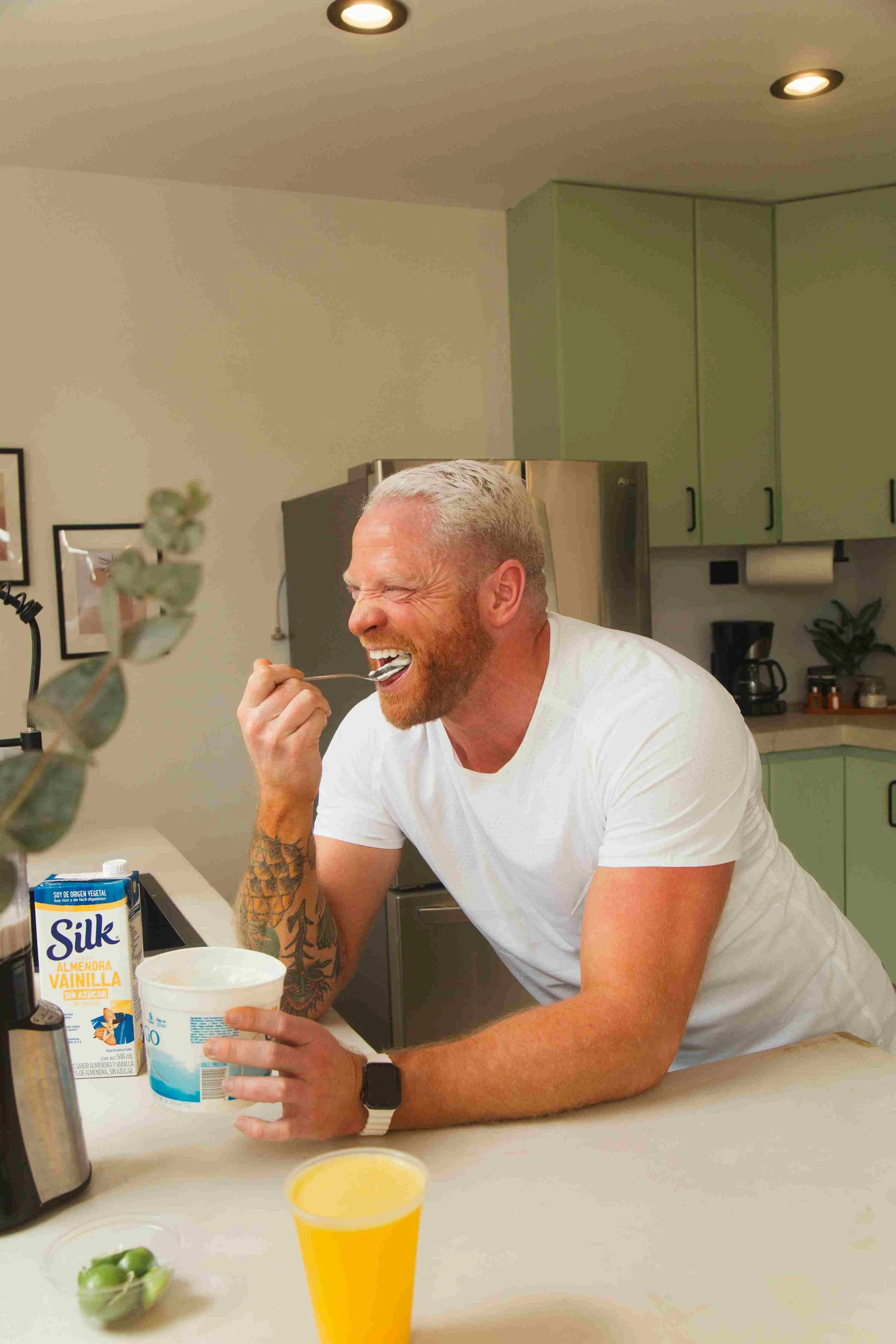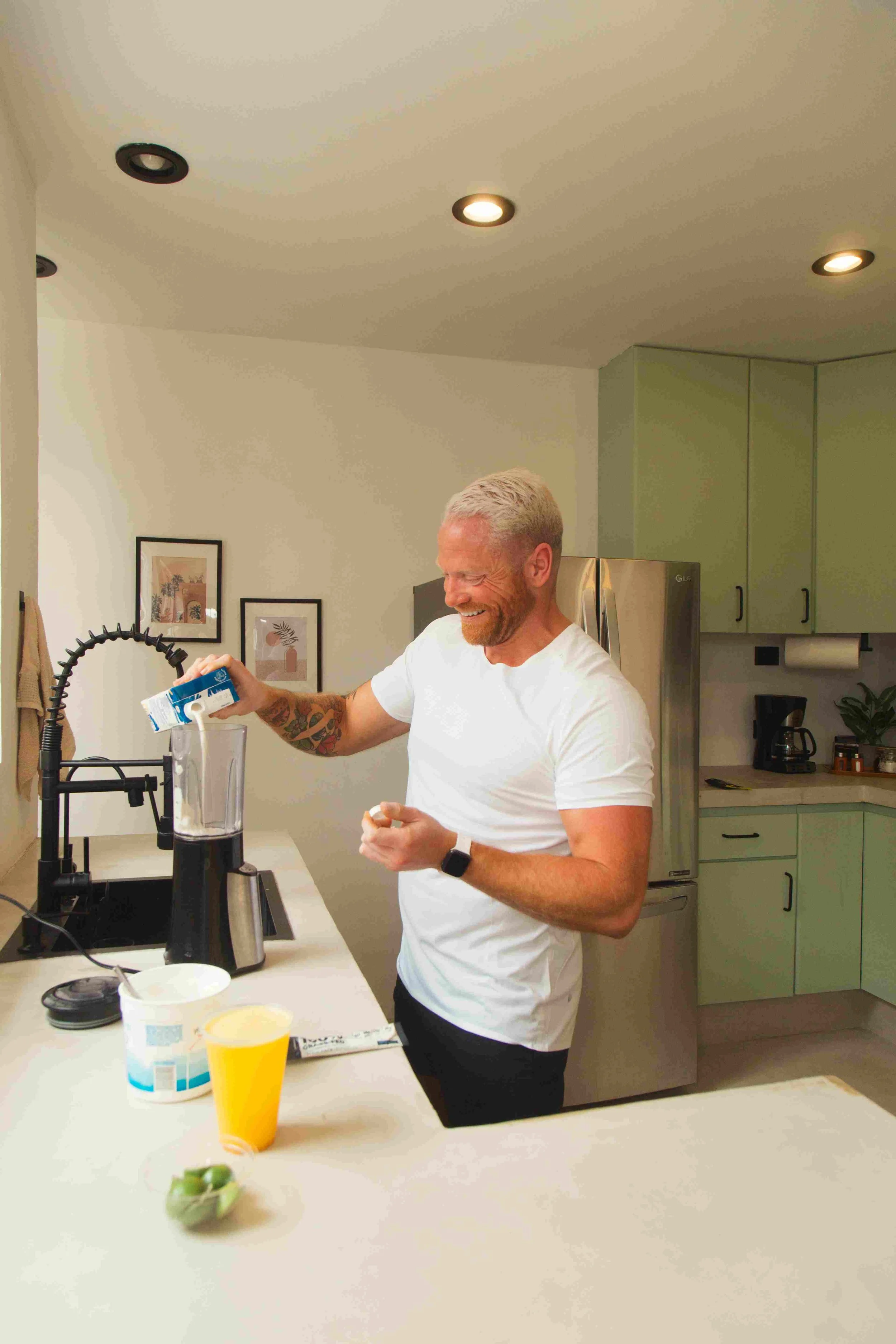What It Really Takes to Get Lean (and Stay Lean!)
Wanting to be lean isn’t wrong. But do you know what it actually takes to get there?
Or, maybe a more important question: do you know what it takes to stay there?
There’s a lot of talk about calorie deficits, tracking macros, and getting “toned.” But when people say they want to be lean, what they usually mean is they want to feel better in their body, have increased confidence, and feel like they are more in control. Many of my clients mention wanting to feel less self-conscious in photos and generally feel better in their bodies.
But getting extremely lean comes with trade-offs. And staying lean requires a level of consistency and sacrifice that most people don’t realize until they’re already burned out. I have personally experienced fat loss to the extent of seeing all of my abs, and despite having minimal body fat, I also experienced the costs that I didn’t anticipate. Now, don’t get me wrong, the goal here isn’t to scare you away from fat loss. However, I do think it’s important to give you the full picture so you can decide what’s realistic, what feels worth it, and what actually fits your life
Effort vs. Expectations
Most people assume they can reach their “dream body” by eating “healthy” most of the time and getting workouts in a few days a week. But that level of effort often won’t get someone extremely lean, or keep them there.
The reality of fat loss and body composition change requires:
Being in a calorie deficit for weeks (or months) at a time;
Prioritizing food tracking (or at least adherence to a calorie deficit), food prep, and accuracy daily;
Turning down social events, or navigating them with strict boundaries;
Managing hunger levels, energy dips, and decision fatigue;
Maintaining that effort even after you reach your goal weight.
The leaner you want to get, the more your body resists. That’s not a sign you’re doing something wrong; your body just doesn’t want to live at a very low body fat level! That pull towards “homeostasis” in our bodies means that maintaining a low level of body fat also comes with a lot of effort.
Social, Mental, and Lifestyle Trade-Offs
But these challenges go far beyond food or workouts. And as much as I recognize how those things were impacted when I was at my leanest, I didn’t anticipate how extreme fat loss could impact my entire life:
Social Sacrifices
Saying no to spontaneous dinners or drinks;
Feeling like the odd one out at events involving food;
Always doing the macro tetris and mental math: “Can I make this fit?”
Mental and Emotional Load
Constant preoccupation with food, macros, or your body;
Tying your worth or success to your appearance;
Guilt or shame for not being “perfect” or for deviating from your strict plan
Lifestyle Limitations
Needing to plan and prep nearly every meal;
Potential impacts to sleep, libido, and mood;
Difficulty being flexible with travel, weekends, or life changes.
None of this means fat loss is bad. There is no inherent morality to losing or gaining weight. But extreme leanness *does* have a cost. If your goals require low levels of body fat, that cost goes up. And it’s important to ask whether those trade-offs are worth it for your long-term health, energy, and peace of mind.
Why Maintenance Isn’t a Break
Many people assume they’ll reach a goal and then relax. But staying lean often means continuing the same behaviors that got you there, with maybe slightly more food or flexibility.
But we forget about this part often: Your body adapts to weight loss, gets more efficient, and metabolism adjusts. But your hunger goes up. That means your new “maintenance” is still work. Soon after I got my leanest, I realized I didn’t want the work it took to stay that lean. I was exhausted and burned out by that point, with little room or space for the other pursuits of my life.
So if your goal is to feel good, live well, and not have food take up all your brain space, your “ideal” physique may not be your leanest one.
So What Does Sustainable Fat Loss Actually Look Like?
First, let me make something clear: none of this means you should stop setting goals or striving for change. It means understanding the full scope of what you're working toward - the costs and the consequences - and giving yourself permission to pursue goals that make sense for you and the realities of your life. Not based on what society or Hollywood suggest, but what makes sense to you.
Here’s what we encourage our clients to focus on:
You don’t need to be shredded to feel strong, empowered, or proud of your progress. But being lean doesn’t have a monopoly on confidence, improved health, increased energy, or feeling better in clothes. Rather, many of the things people think they need extreme leanness are often achievable with reasonable, feasible, and sustainable changes that still allow you to live a full life:
Improved health markers like energy, sleep, digestion, strength, and mood;
Body composition goals that allow for flexibility and enjoyment;
A better relationship with food that allows you to enjoy food without guilt or shame and helps you break free of cycles of chronic dieting;
Long-term habits that work for your lifestyle, not against it.
Before You Chase “Lean,” Ask Yourself:
What trade-offs am I actually willing to make?
Am I chasing a feeling or chasing a look?
Does this goal make my life better or more stressful?
What would it mean to feel good in my body right now, even before hitting a target weight?
There’s no shame in wanting to feel strong, confident, and capable in your body. But there’s power in knowing what’s required and deciding if it’s worth it. If you find yourself stuck in the loop of “I should be doing more,” pause. You don’t owe anyone a smaller body or more discipline. What matters is having a body composition (and enough food) that supports your energy and passions, and the things you care most about. Sometimes doing less, eating more, and choosing peace over pressure is what actually moves you forward.
We believe that the best way to achieve your fat loss goals is working with a coach who creates a plan specific to you - your needs, your preferences, and your goals. A sustainable approach to our nutrition is essential to long-term habits and success. For high support coaching and guidance, apply for our 1:1 Nutrition Coaching here.




























